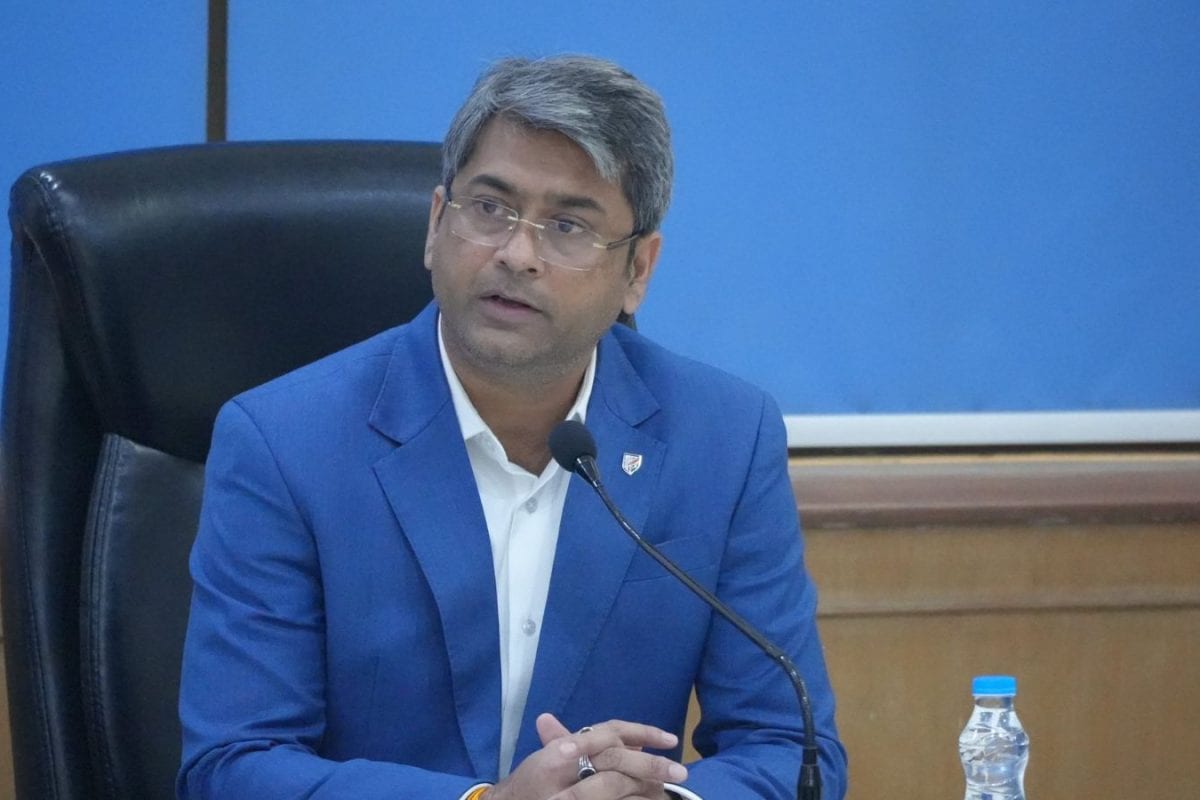

The All India Football Federation (AIFF) finds itself embroiled in a heated exchange between its current president, Kalyan Chaubey, and former Indian football captain Bhaichung Bhutia. The public dispute has brought to the forefront serious questions about the direction and management of Indian football.
Bhutia, a revered figure in Indian football, has been a vocal critic of Chaubey's leadership, particularly after India's recent defeat to Hong Kong in the AFC Asian Cup qualifiers. He has gone so far as to accuse Chaubey of "destroying Indian football" and has called for his resignation, demanding a complete overhaul of the AIFF's structure. Bhutia has pointed to several issues, including the lack of clarity regarding the I-League winner, controversies surrounding the federation, and alleged corruption. He also questioned the decision to recall Sunil Chhetri from retirement, suggesting it reflected a lack of long-term strategy. Bhutia didn't mince words, stating that the AIFF was paying a hefty sum of ₹42 lakh for one game, questioning if the reward should be performance-based.
Chaubey has responded strongly to Bhutia's allegations, accusing him of presenting a distorted image of the AIFF and of acting out of "vested interest." Chaubey has specifically targeted Bhutia's football academy, Bhaichung Bhutia Football Schools (BBFS), alleging that it is a commercial enterprise that exploits the emotions of aspiring footballers and their families. He highlighted the BBFS U-17 team's heavy defeat (31-0) against Minerva Academy, questioning the quality of training and the promises being made to families. Chaubey stated that Bhutia's academies are taking undue advantage of people's emotions, who think that by joining his academy they can also reach the highest level of Indian football.
Chaubey also addressed the corruption allegations, stating that any such activity would have been "red-flagged." He pointed out that Bhutia had previously served as an advisor to the AIFF, earning a substantial salary, and had ample opportunity to raise any concerns during the 11 executive committee meetings held since Chaubey became president in 2022. He implied that Bhutia's criticisms are motivated by personal grievances, stemming from his defeat in the AIFF presidential election and the influence of a small group of disgruntled individuals.
The AIFF president defended his leadership, emphasizing the federation's commitment to transparency and long-term planning. He highlighted the challenges of balancing immediate needs with the development of grassroots football and a sustainable future for the sport in India. Chaubey also touched upon the debated topic of including Overseas Citizens of India (OCI) players in the national team. He maintained that the federation is planning for the next 10 years, not just reacting to current challenges and prefers to show what's being done with facts and numbers rather than blaming.
The clash between Chaubey and Bhutia reflects deeper issues within Indian football. It highlights the challenges of managing a complex organization, balancing commercial interests with sporting development, and maintaining transparency and accountability. It also underscores the passionate and often conflicting views of stakeholders who are deeply invested in the future of the sport in India.